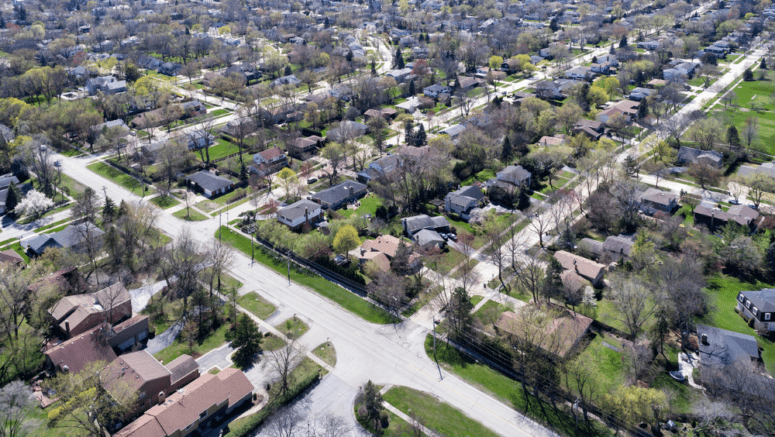Understanding Naperville’s Transfer Tax: A Quick Guide
- Published on
- 4 min read
-
Joseph Gordon EditorCloseJoseph Gordon Editor
Joseph Gordon is an Editor with HomeLight. He has several years of experience reporting on the commercial real estate and insurance industries.
If you are selling a home in Naperville, you’ve probably come across references to transfer taxes, a major but often overlooked part of closing costs. Transfer taxes are fees levied by local municipalities when a property changes ownership.
The Naperville transfer tax isn’t complicated, but there are some things you should know about how it works. This guide will cover the ins and outs of transfer taxes in Naperville and Illinois, help explain how they work, and provide exemptions you might qualify for.
What are transfer taxes?
Real estate transfer taxes are fees charged by state or local governments when property ownership is transferred. According to the Federal Trade Commission, these taxes are due when the title of a property is officially transferred to a new owner, which can occur through sales, inheritance, or gifting.
The amount of transfer tax you owe can differ widely based on the property’s location, as various states, counties, and cities usually have established their own rates and regulations. Transfer taxes primarily serve as a revenue source for local and state governments, funding public services and infrastructure projects.
Who pays for transfer taxes?
Buyers are responsible for paying for transfer taxes in Naperville. Buyers are required to apply for the city’s transfer tax stamp via an application process. This applies to both residential and commercial property purchases.
What are the types of transfer taxes?
Transfer taxes can vary based on local regulations but are generally categorized into three types: state, city, and county. Here’s a brief overview of how this applies in Naperville.
State transfer taxes
In Illinois, a documentary transfer tax of $0.50 is charged for every $500.00 of home value.
County transfer taxes
In Naperville, the county transfer tax rate is $0.25 per $500.00.
City transfer taxes
Naperville imposes a city transfer tax of $1.50 per $500.00, rounding the purchase price up to the nearest $500.
Other transfer fees
Beyond transfer taxes, there may be additional fees from homeowner associations or local neighborhood organizations. Since these can vary widely, consulting a professional is advisable.
If you’re considering selling your home without a realtor, seeking professional advice can clarify the process and help you understand what to expect regarding the pros and cons of selling a house without a realtor.
Are transfer taxes deductible?
Transfer taxes are, unfortunately, not eligible for tax deduction.
However, you can lower the amount you pay in capital gains taxes.
Capital gains, defined as the profit obtained from the sale of your home or the financial gain from selling your property, are subject to federal taxation just like profits from the sale of other assets.
According to the IRS, sellers have the option to treat paid transfer taxes as selling costs, allowing them to subtract these from their home’s closing sale price. By doing so, they can lessen the capital gains taxes owed on any profit earned.
Naperville transfer tax exemptions
Not all Naperville real estate transactions are subject to transfer taxes. In some cases, the buyer might be exempt. Here are a few examples:
- Marriage and adding another name
- Refinancing
- Divorce/removal of name
- A foreclosure, where the Sheriff’s Deed puts the property in a bank’s ownership
For more examples and to apply for an exemption, consult the city of Naperville’s website regarding transfer taxes.
Estimating your Naperville transfer tax obligation
To get a good idea of your potential profit from selling your Naperville home, consider using HomeLight’s Net Proceeds Calculator. This tool factors in essential costs like transfer taxes, agent fees, and more, along with any improvements made to the property, giving you a clearer picture of your expected earnings from the sale.
Additionally, collaborating with a top real estate agent can provide valuable insights tailored to your situation. HomeLight can connect you with a top Naperville agent today, who can help you sell your home with confidence.
Editor’s note: This post is for educational purposes only and does not constitute legal or financial advice. Links and mentions of Naperville area tax services or attorneys should not be considered endorsements.
Header Image Source: (imphot / DepositPhotos)





